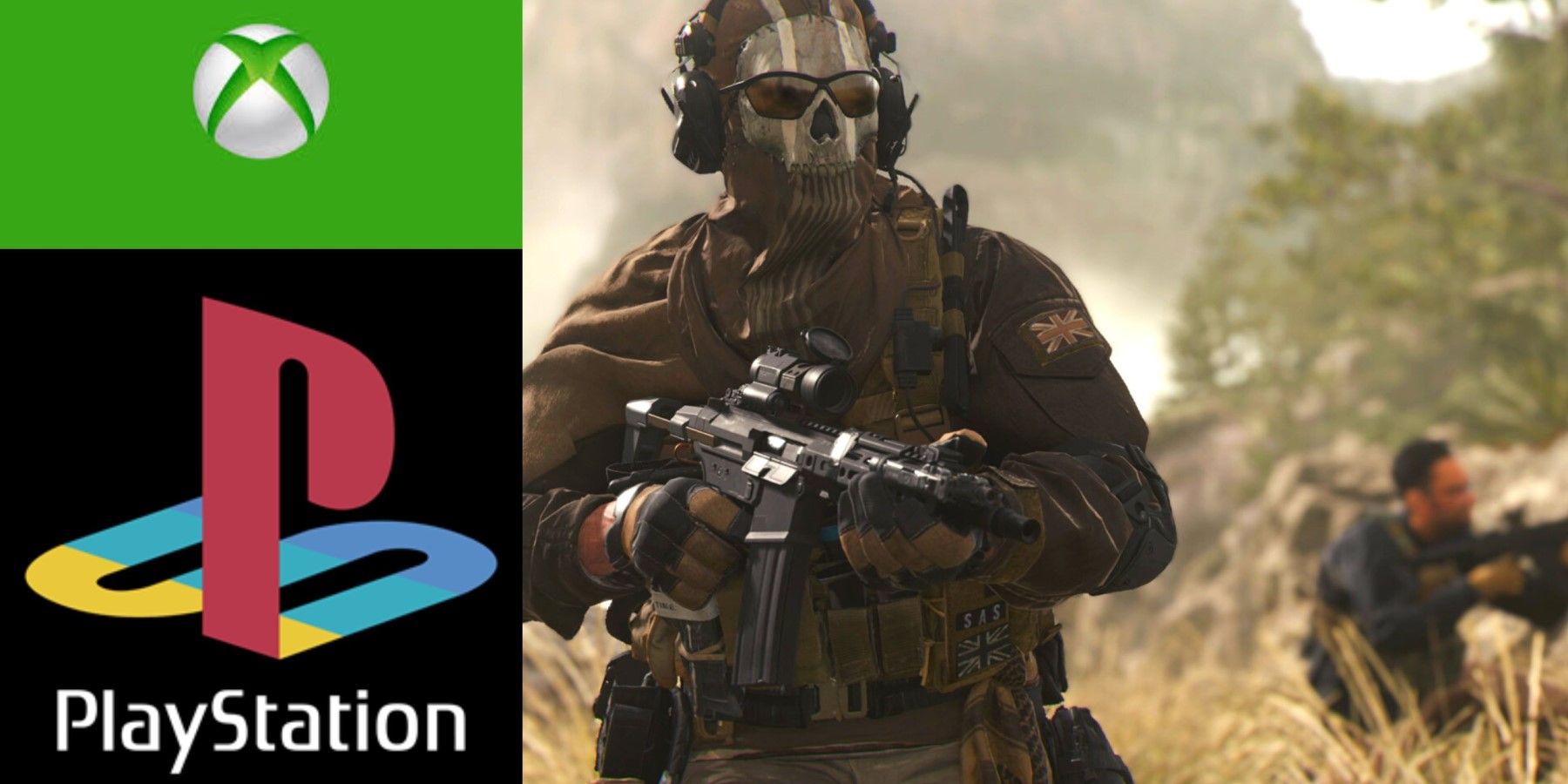Microsoft shocked the gaming world when, in early 2022, it announced its intention to acquire Activision Blizzard. Due to the size of Activision Blizzard, Microsoft's acquisition has the potential to change the gaming landscape. This is great news for Xbox gamers, as it could result in several more gaming experiences coming to the platform. However, the potential acquisition has upset a few key figures in gaming, including Sony, which is trying very hard to stop it.
Sony’s primary concern lies with the fact that the acquisition would give Microsoft control over Call of Duty. With Sony already lacking in the FPS realm, this could be a devastating blow to the company if the mammoth franchise becomes a console exclusive. Though it is easy to sympathize with Sony, it is worth noting that it has made its own exclusivity deals with Call of Duty in the past.
Microsoft’s Acquisition of Activision Blizzard
One of the biggest gaming companies around is Activision Blizzard. Under its umbrella, there are several highly successful franchises, including Candy Crush Saga, Spyro, Crash Bandicoot, Overwatch, and Call of Duty. Consequently, it came as no surprise that Microsoft’s acquisition of this company cost a whopping $68.7 billion, which remains the largest acquisition in gaming history. Microsoft’s acquisition puts it in a good position, as it has gained several valuable IPs that will attract gamers to its platform. In particular, Overwatch and Call of Duty have massive fan bases and loyal fans who will follow the franchises wherever they go. This has not pleased everyone, and Sony has been taking steps to prevent the monumental acquisition.
Sony’s Objection to Microsoft’s Acquisition
Signs that Sony might not be too happy with the acquisition were seen in September when there were reports that PlayStation CEO Jim Ryan had personally flown to the EU headquarters to discuss his concerns. At the time, Microsoft had assured Sony that Call of Duty would appear on PlayStation for at least a decade. However, Ryan wasn’t satisfied. In response, he commented that “after almost 20 years of Call of Duty on PlayStation, their proposal was inadequate on many levels and failed to take account of the impact on our gamers.”
In a 22-page response to the UK’s Competition and Markets Authority, Sony went into a little more detail regarding precisely why it has such an issue with Microsoft acquiring Activision Blizzard. It seems the elephant in the room is indeed the Call of Duty franchise. After the acquisition, Microsoft would have the ability to make the FPS an Xbox exclusive. Sony believes that this would drain consumers away from PlayStation. According to Sony, Microsoft has a pattern of “acquiring development studios ‘and making their upcoming games exclusive to Xbox’.”
On the surface, this is an incredibly hypocritical argument to make. Over the years, the company has struck Sony has struck exclusivity deals with Call of Duty, as was the case with 2009’s Modern Warfare 2 remaster which was a timed exclusive. Furthermore, Sony has its fair share of exclusives which it uses to draw in fans. Sony realizes that Call of Duty is an FPS titan that won’t be knocked down any time soon, and any platform without the franchise is at a serious disadvantage. Nevertheless, in a market where acquisitions and exclusivity have become the norm, it is hard to argue that Microsoft is doing anything that isn’t routine. At this point, Sony’s best bet may be to invest in its own FPS and strive for the years it takes to finally build a worthy competitor to Call of Duty.
It appears that the console exclusivity war between Microsoft and Sony is not coming to an end anytime soon. As the different gaming platforms attempt to draw players to their ecosystems, large acquisitions and exclusivity deals are likely to become more common. Gamers have had mixed reactions to this. When developers focus on a single platform, they have the chance to release better-optimized titles. However, it also limits the reach that games have, which can be quite anti-consumer.



